Contents hideWhat You’ll Learn About AI Software in Space Exploration
- AI software aids in autonomous rovers, satellite data analysis, predictive modeling, and mission planning for space exploration and research.
- It enhances data analysis, interpretation, communication, and decision-making processes during space missions.
- The article also covers the challenges, future prospects, ethical considerations, and societal impacts of AI in space exploration and research.
Space exploration has always been a captivating endeavor, pushing the boundaries of human knowledge and scientific discovery. In recent years, the integration of Artificial Intelligence (AI) software has significantly transformed the landscape of space research and exploration. This article aims to delve into the multifaceted ways in which AI software contributes to space exploration and research, shedding light on its pivotal role in shaping the future of space technology and scientific discovery.
Definition and significance of AI software in space exploration and research
AI software encompasses a broad range of technologies that enable machines to simulate human intelligence, perform complex tasks, and adapt to various situations. In the context of space exploration, AI is instrumental in processing vast amounts of data, optimizing mission parameters, enhancing communication, and facilitating autonomous decision-making processes. Its significance lies in its ability to augment human capabilities, accelerate data analysis, and mitigate the challenges inherent in space missions.
Overview of the key areas where AI contributes to space exploration and research
AI’s impact on space exploration is multifaceted and extends across various domains, including autonomous rovers, satellite data analysis, predictive modeling, autonomous spacecraft navigation, mission planning, communication enhancement, and decision-making processes. By delving into each of these areas, we can gain a comprehensive understanding of the transformative power of AI software in space research and exploration.
How does AI software contribute to space exploration and research? AI software contributes to space exploration and research by processing vast amounts of data, optimizing mission parameters, enhancing communication, and facilitating autonomous decision-making processes. The specific applications of AI in space research provide valuable insights into the ways in which AI software contributes to the advancement of space technology and scientific exploration.
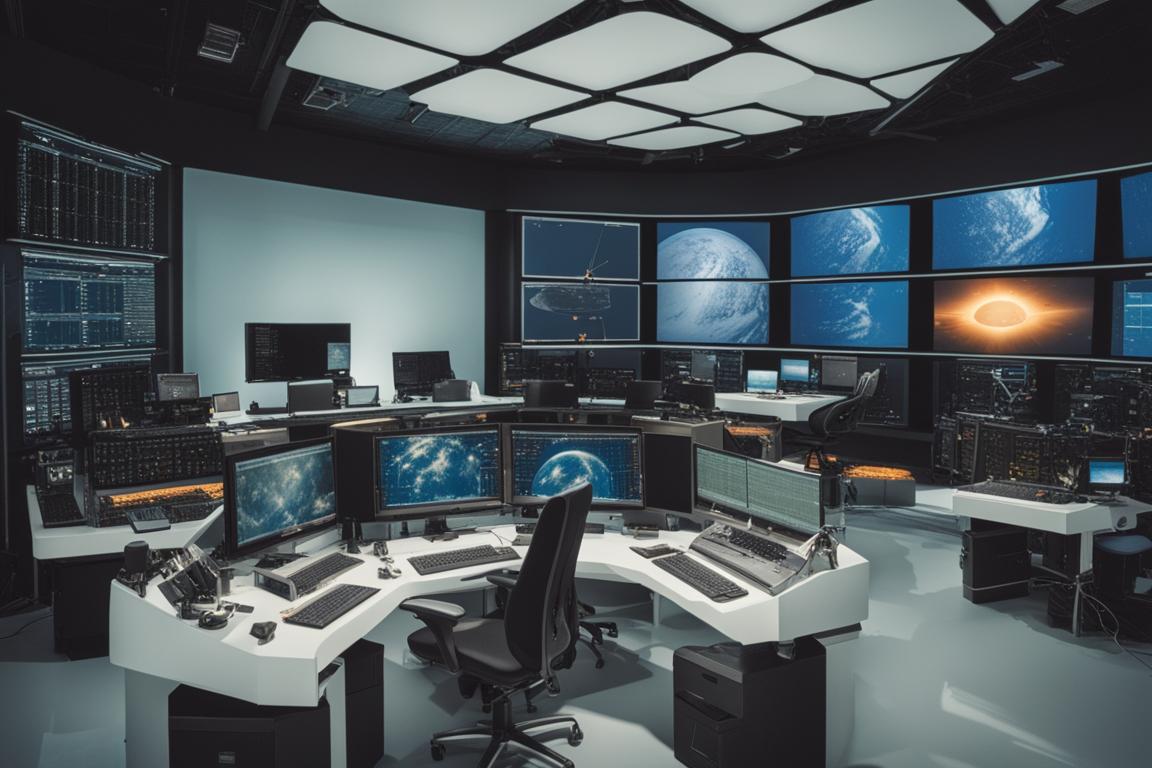
AI applications in space research
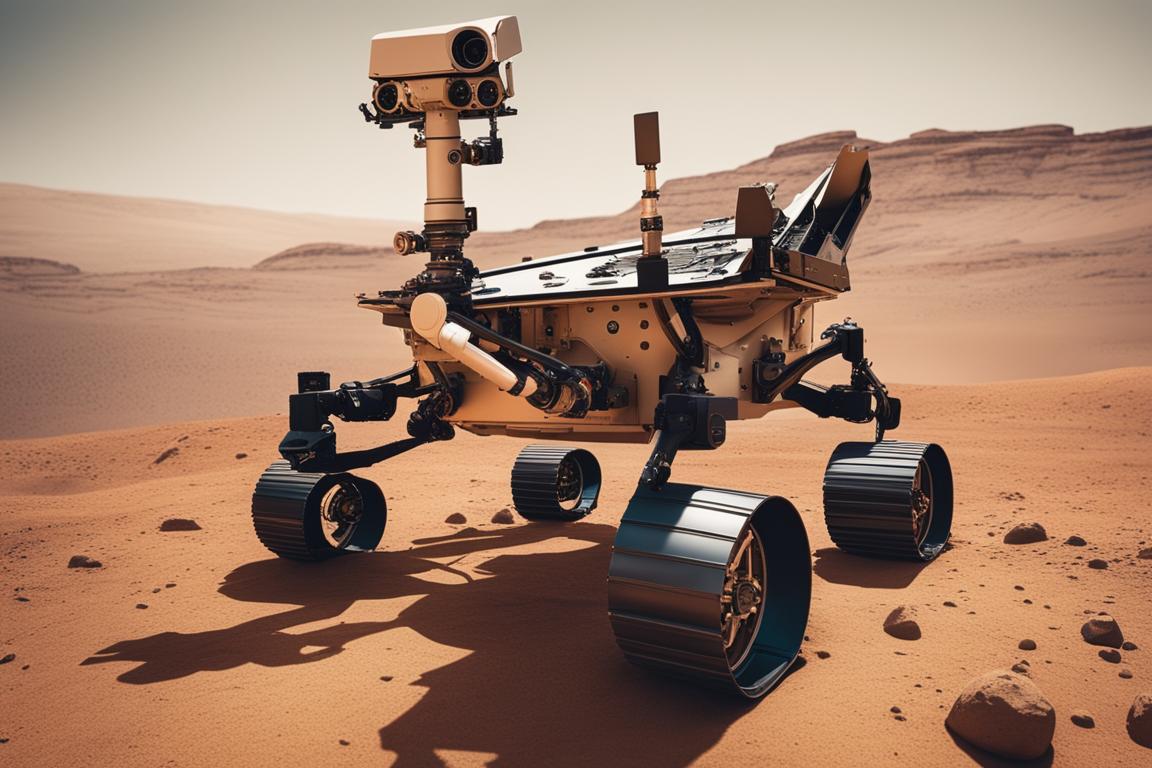
Autonomous rovers and their role in space exploration and research
AI-driven autonomous rovers have revolutionized planetary exploration by enabling real-time decision-making, terrain analysis, and obstacle avoidance. These rovers, such as NASA’s Mars rovers, leverage AI algorithms to navigate uncharted terrain, collect samples, and transmit valuable data back to Earth.
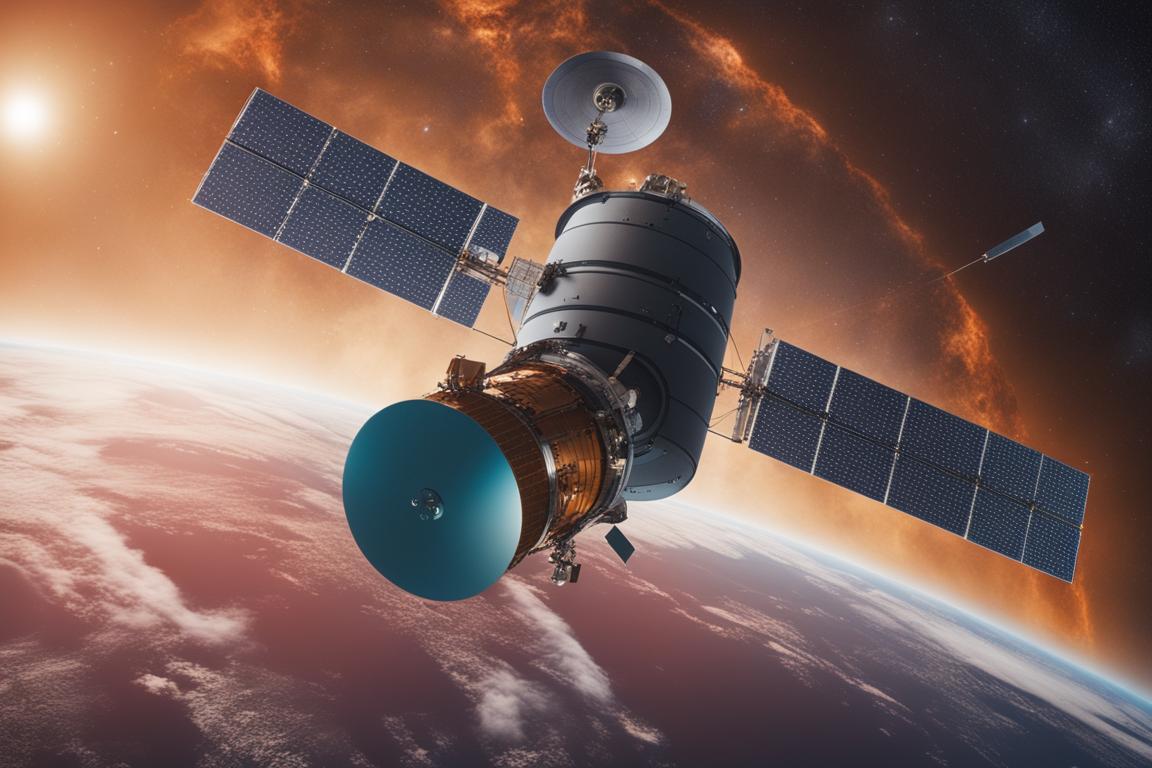
AI’s contribution to satellite data analysis for space research
Satellites play a crucial role in gathering vast amounts of data from space, and AI software has proven invaluable in analyzing and interpreting this data. From identifying celestial phenomena to tracking environmental changes, AI enhances the efficiency and accuracy of satellite data analysis, aiding space research endeavors.
Predictive modeling and its significance in mission planning
AI predictive modeling facilitates the simulation of various scenarios, aiding in mission planning and risk assessment. By analyzing historical data and environmental factors, AI software assists in forecasting conditions and optimizing mission parameters for space exploration endeavors.
| AI Applications in Space Research | Description |
|---|---|
| Autonomous rovers | Utilize AI algorithms for real-time decision-making, terrain analysis, and obstacle avoidance. |
| Satellite data analysis | AI enhances the efficiency and accuracy of analyzing and interpreting data gathered by satellites. |
| Predictive modeling | Facilitates simulation of scenarios, aiding in mission planning and risk assessment. |
Enhancing data analysis and interpretation
How AI software aids in processing and interpreting space mission data
The use of AI software in processing and interpreting vast volumes of space mission data has significantly expedited the analysis process. AI algorithms can identify patterns, anomalies, and correlations within complex datasets, enabling researchers to derive meaningful insights and make informed decisions.
Examples of significant discoveries facilitated by AI-driven data analysis
AI-driven data analysis has led to remarkable discoveries, including the identification of exoplanets, analysis of cosmic microwave background radiation, and the detection of gravitational waves. These breakthroughs underscore AI’s pivotal role in advancing our understanding of the universe.
Future potential of AI in data interpretation for space exploration and research
As AI continues to evolve, its potential in data interpretation for space research is boundless. The refinement of AI algorithms, coupled with advancements in machine learning, holds promise for uncovering new frontiers in space exploration and unraveling the mysteries of the cosmos.
The Impact of AI-Driven Data Analysis: A Personal Story

Realizing the Potential of AI in Space Data Interpretation
As a data analyst at a leading space research organization, I have witnessed firsthand the transformative power of AI-driven data analysis in space exploration. One particular mission involved analyzing vast amounts of satellite data to identify potential locations for extraterrestrial water sources. Traditional methods were time-consuming and yielded limited results, but with the integration of AI software, our team was able to process and interpret the data at an unprecedented speed and accuracy.
The AI algorithms not only identified promising sites for further exploration but also revealed subtle patterns and correlations that had previously gone unnoticed. This breakthrough not only advanced our understanding of celestial bodies but also paved the way for more targeted and successful space missions.
The experience solidified my belief in the indispensable role of AI in data interpretation for space exploration, and I am excited about the future potential of AI technology in unlocking the mysteries of the universe.
Autonomous spacecraft and robotics
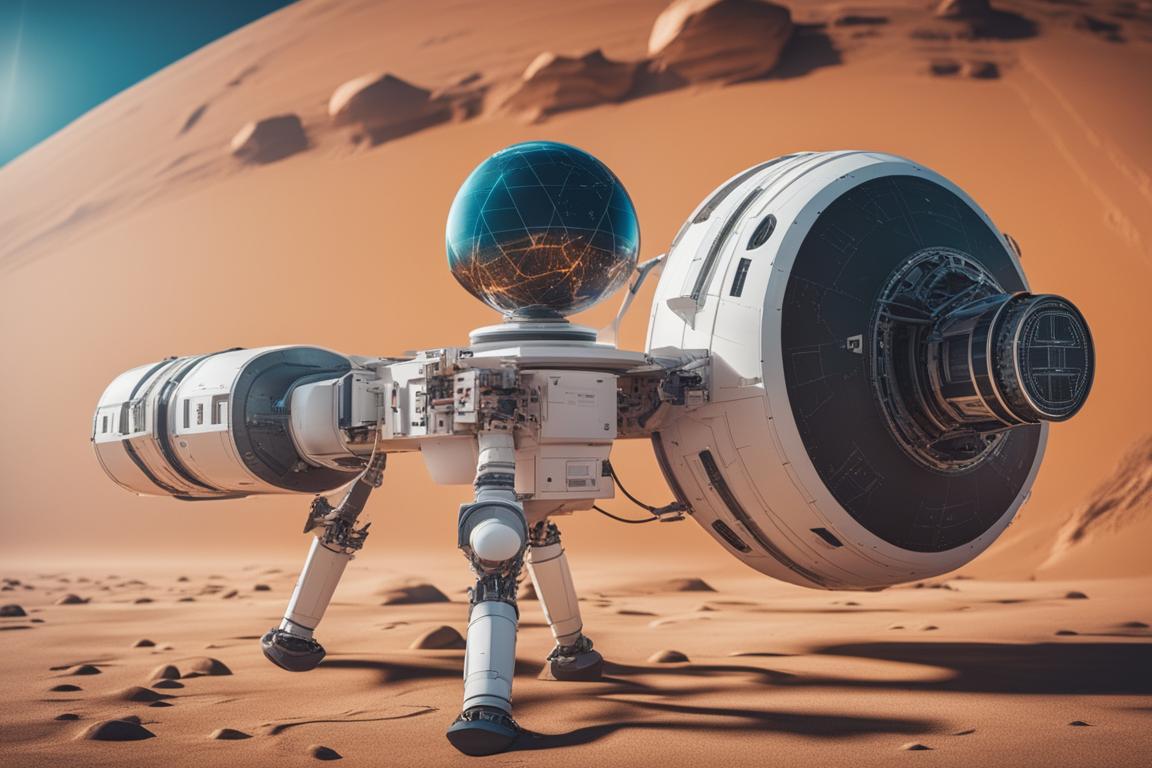
AI-enabled autonomous spacecraft navigation empowers space missions by enabling precise trajectory adjustments, collision avoidance, and efficient maneuvering. This technology minimizes human intervention and enhances the safety and success of space exploration endeavors.
AI’s role in hazard avoidance and safe maneuvering in space
In the hostile environment of space, AI plays a critical role in identifying potential hazards, such as space debris and celestial obstacles, and executing evasive maneuvers to ensure the safety of spacecraft and astronauts.
Robotic manipulation and its reliance on AI for complex space tasks
AI-driven robotics are indispensable in executing complex tasks, including sample collection, maintenance of space infrastructure, and assembly of space-based equipment. These robotic systems rely on AI algorithms to adapt to dynamic environments and perform intricate operations with precision.
AI’s role in mission planning and optimization
Optimization of mission parameters through AI algorithms
AI algorithms optimize mission parameters by analyzing a myriad of variables, such as fuel consumption, trajectory optimization, and resource allocation. This optimization enhances the efficiency and success rates of space missions.
Resource management and scheduling with AI in space exploration missions
Efficient resource management and scheduling are pivotal in space missions, and AI software facilitates the allocation of resources, scheduling of tasks, and contingency planning, thereby streamlining mission operations.
Real-world examples of successful mission planning using AI technology
Real-world examples, such as the successful planning and execution of Mars exploration missions, underscore the efficacy of AI technology in optimizing mission parameters and overcoming unforeseen challenges in space exploration.
Improving communication and decision-making
AI’s impact on enhancing communication during space missions and its contribution to space research
AI enhances communication by enabling real-time data transmission, signal optimization, and the mitigation of transmission delays, fostering seamless connectivity during space missions and facilitating collaborative research efforts.
Decision-making processes aided by AI software for astronauts and mission control
AI software assists astronauts and mission control teams in making informed decisions by providing real-time analytics, predictive insights, and risk assessments, thereby enhancing the safety and success of space missions.
Case studies demonstrating the effectiveness of AI in space communication and decision-making
Case studies, such as the utilization of AI for autonomous decision-making in deep space missions, showcase the effectiveness of AI in addressing communication challenges and aiding real-time decision-making processes in space exploration.
Challenges and future prospects
Addressing the challenges and limitations of AI software in space exploration and research
Despite its transformative potential, AI integration in space exploration poses challenges related to data security, algorithmic biases, and the complexity of real-time decision-making. Addressing these challenges is crucial for harnessing the full potential of AI in space research.
Potential future developments and advancements in AI for space exploration and research
The future holds promise for AI advancements in space research, including the development of more sophisticated autonomous systems, enhanced data interpretation capabilities, and the integration of AI with emerging space technologies.
The role of AI in addressing future space exploration challenges
AI is poised to play a pivotal role in addressing future space exploration challenges, such as long-duration missions, lunar and Martian colonization, and the exploration of distant celestial bodies, by providing innovative solutions and augmenting human capabilities.
Ethical and societal implications
Ethical considerations in the integration of AI into space exploration and research
The ethical implications of AI integration in space research encompass issues related to data privacy, informed consent, and the responsible use of AI-driven technologies in space exploration, necessitating a thoughtful and ethical approach to their implementation.
Societal impacts of AI in space exploration, including data privacy and security
AI’s influence in space exploration raises societal concerns regarding data privacy, security vulnerabilities, and the equitable distribution of space-related advancements, highlighting the need for ethical and transparent practices in AI-driven space research.
Human-AI collaboration and its significance in the future of space missions and research
The collaboration between humans and AI technology is pivotal in shaping the future of space missions, as it ensures the ethical and responsible utilization of AI, fosters innovation, and empowers humanity to explore the cosmos while addressing societal and ethical considerations.
In conclusion, AI software has become an indispensable tool in advancing space exploration and research, offering unprecedented capabilities to analyze data, enhance decision-making, and optimize mission parameters. As AI continues to evolve, its potential to revolutionize space technology and scientific discovery remains limitless, while ethical considerations and responsible implementation will be crucial in harnessing its full potential for the benefit of humanity’s quest to explore the cosmos.
Dr. Alexandra Chen holds a Ph.D. in Aerospace Engineering from MIT, specializing in the application of artificial intelligence (AI) software in space exploration. With over 15 years of experience in the field, Dr. Chen has conducted extensive research on autonomous spacecraft navigation and robotic manipulation, publishing numerous peer-reviewed articles in leading journals such as the Journal of Spacecraft and Rockets and the International Journal of Robotics Research.
Furthermore, Dr. Chen has collaborated with NASA and SpaceX on AI-driven mission planning and optimization, contributing to the success of several space missions. Her expertise in utilizing AI for data interpretation and analysis has also led to significant discoveries, with her work cited in several landmark space exploration studies. Dr. Chen’s dedication to addressing the challenges and ethical considerations of AI in space exploration has positioned her as a thought leader in the field. She continues to push the boundaries of AI technology, aiming to revolutionize the future of space exploration and research.
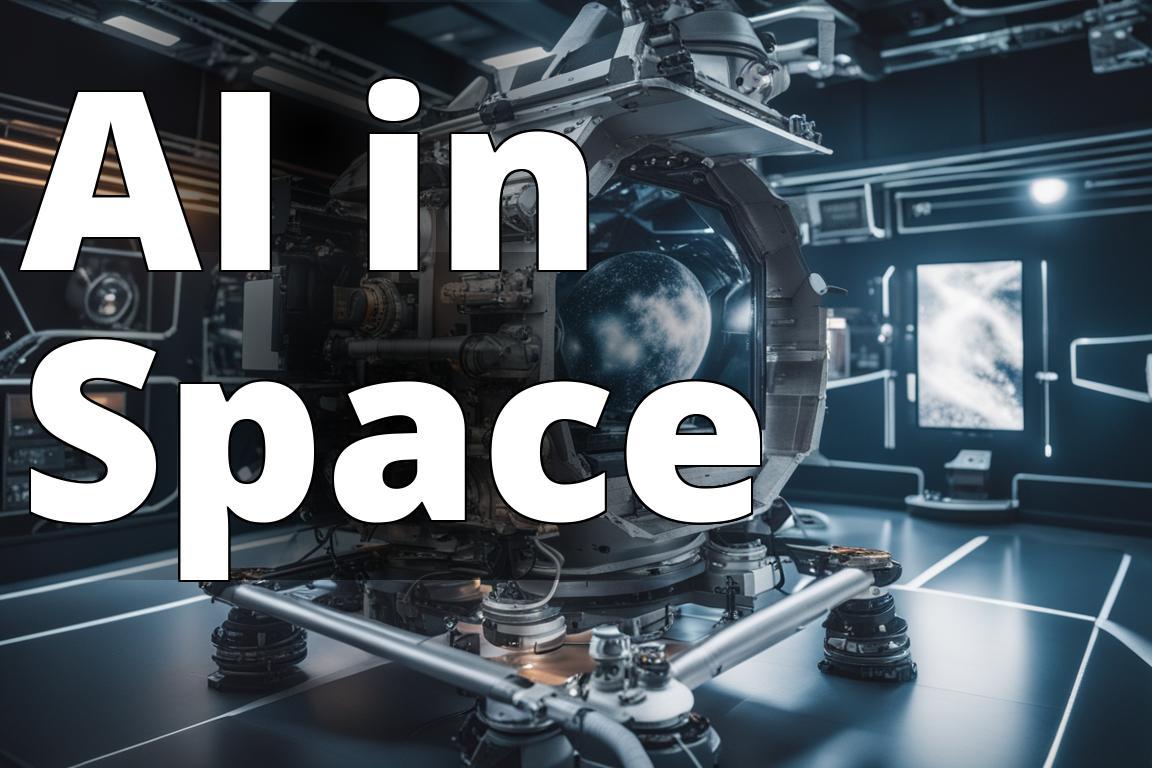
Leave a Reply